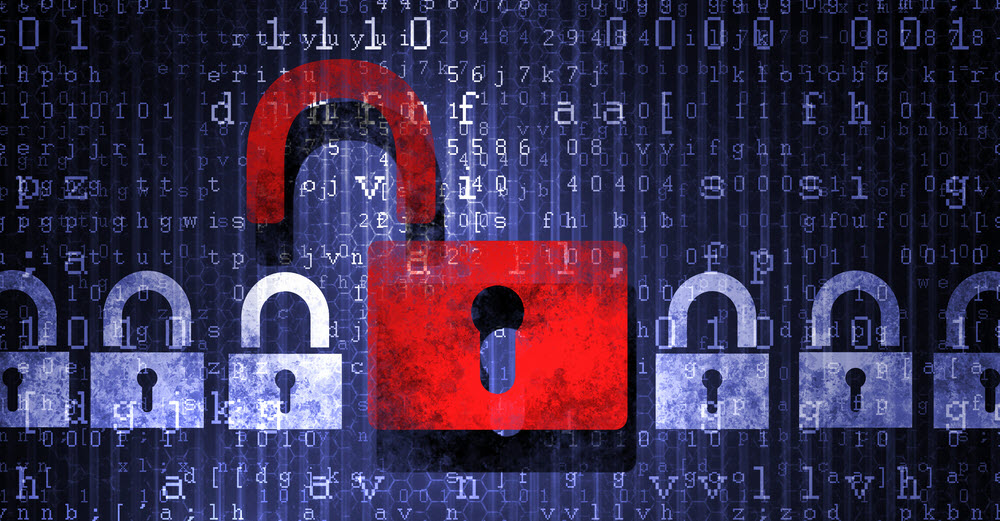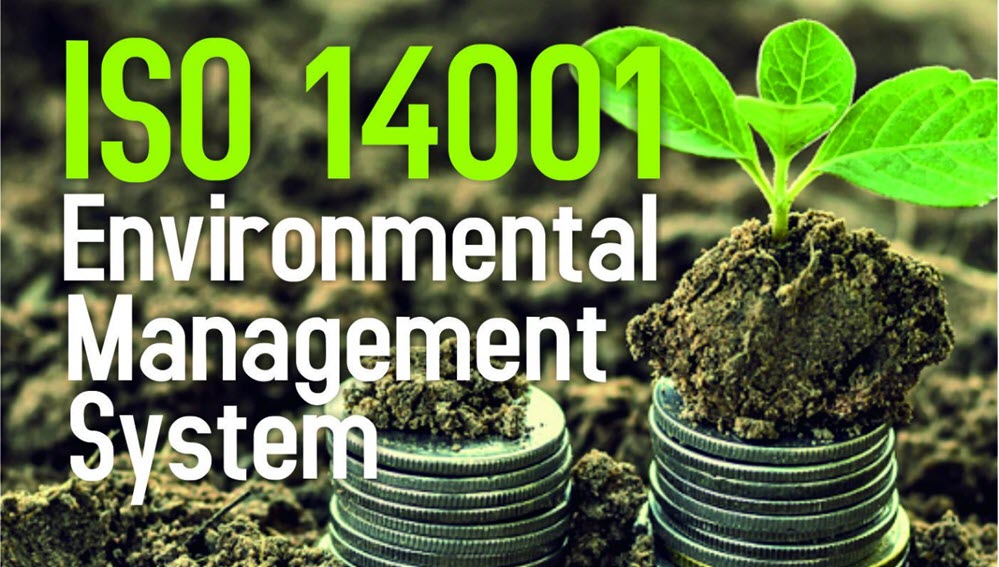EQMS Blog

The Role Of A SHEQ Manager And How They Add Value
What is a SHEQ Manager
A SHEQ Manager is a person who manages health & safety, environmental and quality elements within a company’s operations. The role of a SHEQ manager is to ensure that the company meets regulatory requirements, protects the workforce, the environment, and maintains high-quality standards. The SHEQ manager works closely with other departments to identify potential hazards and develop strategies to mitigate them.
The following are some of the key responsibilities of a SHEQ manager.
Develop and Implement Health & Safety, Environment and Quality Policies
The SHEQ manager is responsible for developing and implementing health & safety, environment, and quality policies. The policies should be in line with regulatory requirements and best practices in the industry. The manager should ensure that all employees are aware of the policies and that they are trained to comply with them.
Monitor Compliance
The SHEQ manager is responsible for monitoring compliance with health & safety, environment, and quality policies. This involves conducting audits and inspections to identify potential hazards and ensure that the company is complying with regulatory requirements.
Identify Potential Hazards and Develop Strategies to Mitigate Them
The person in the role is responsible for identifying potential hazards and developing strategies to mitigate them. This involves working with other departments to identify potential hazards and developing plans to reduce the risk of accidents or incidents.
A SHEQ Manager Implement and Manage Health and Safety Programs
The person is responsible for implementing and managing health and safety programs. This involves developing training programs, conducting safety meetings, and ensuring that employees are trained to comply with health and safety policies.
Develop and Implement Environmental Management Plans
Another responsibility, is to develop and implement environmental management plans. This involves identifying potential environmental hazards and developing strategies to reduce the risk of environmental incidents.
Manage Quality Control Programs
The SHEQ manager is responsible for managing quality control programs. This involves developing quality control processes, conducting quality audits, and ensuring that the company meets quality standards.
How the SHEQ Function can Add Value
The SHEQ function can add value to a company’s operations in several ways. The following are some examples of how they can add value.
Improved Compliance with Regulatory Requirements
The function ensures that the company complies with regulatory requirements. This reduces the risk of penalties, fines and legal action. Improved compliance also improves the company’s reputation and reduces the risk of accidents and incidents.
Improved Safety Performance
The function improves safety performance by identifying potential hazards and developing strategies to mitigate them. This reduces the risk of accidents and incidents, improves employee morale, and reduces the cost of accidents.
Improved Environmental Performance
The SHEQ function improves environmental performance by identifying potential environmental hazards and developing strategies to reduce the risk of environmental incidents. This reduces the risk of environmental impact, improves the company’s reputation and reduces the risk of legal action.
Improved Quality Standards
The function improves quality standards by developing quality control processes, conducting quality audits, and ensuring that the company meets quality standards. Improved quality standards improve the company’s reputation, reduces the risk of product recalls or customer complaints, and increases customer satisfaction.
Cost Reduction
The SHEQ function can help to reduce costs by identifying potential hazards, reducing accidents and incidents, and improving quality standards. This reduces the cost of accidents, legal action, product recalls and customer complaints.
Improved Corporate Responsibility
The function improves corporate responsibility by ensuring that the company meets regulatory requirements, protects the workforce, the environment, and maintains high-quality standards. This improves the company’s reputation and increases the likelihood of attracting and retaining customers and employees.
Conclusion
The role of a SHEQ Manager is critical to the success of a company’s operations. The manager is responsible for managing health & safety, environmental and quality aspects within a company’s operations. The SHEQ function can add value to a company’s operations by improving compliance with regulatory requirements, improving safety performance, improving environmental performance, improving quality standards, reducing costs and improving corporate responsibility. Companies that invest in the SHEQ function are more likely to succeed in the long term and enjoy a competitive advantage over their competitors.
If you are interested in support with an outsourced SHEQ Manager role, then feel free to contact us for a free consultation.
Continue to IMS Consultants
Request a free consultation
Contact us to discuss your needs and see how we can support to reach your goal.

Recent posts

In today's digital age, businesses are constantly exposed to various cyber threats. As a result, companies must adopt a proactive approach to cybersecurity to prevent data breaches, theft, and other...

Quality management systems are essential in ensuring that organisations can deliver quality products and services consistently. The International Organisation for Standardization (ISO) developed the ISO 9001 standard to help organisations...

ISO 14001 is a globally recognised standard for environmental management systems (EMS) that helps organisations manage their environmental impact and improve their sustainability performance. Obtaining this certification demonstrates a company's...
Just a Few of Our Clients
Request a Free Consultation
Contact us to discuss your needs and see how we can support to reach your goal.















